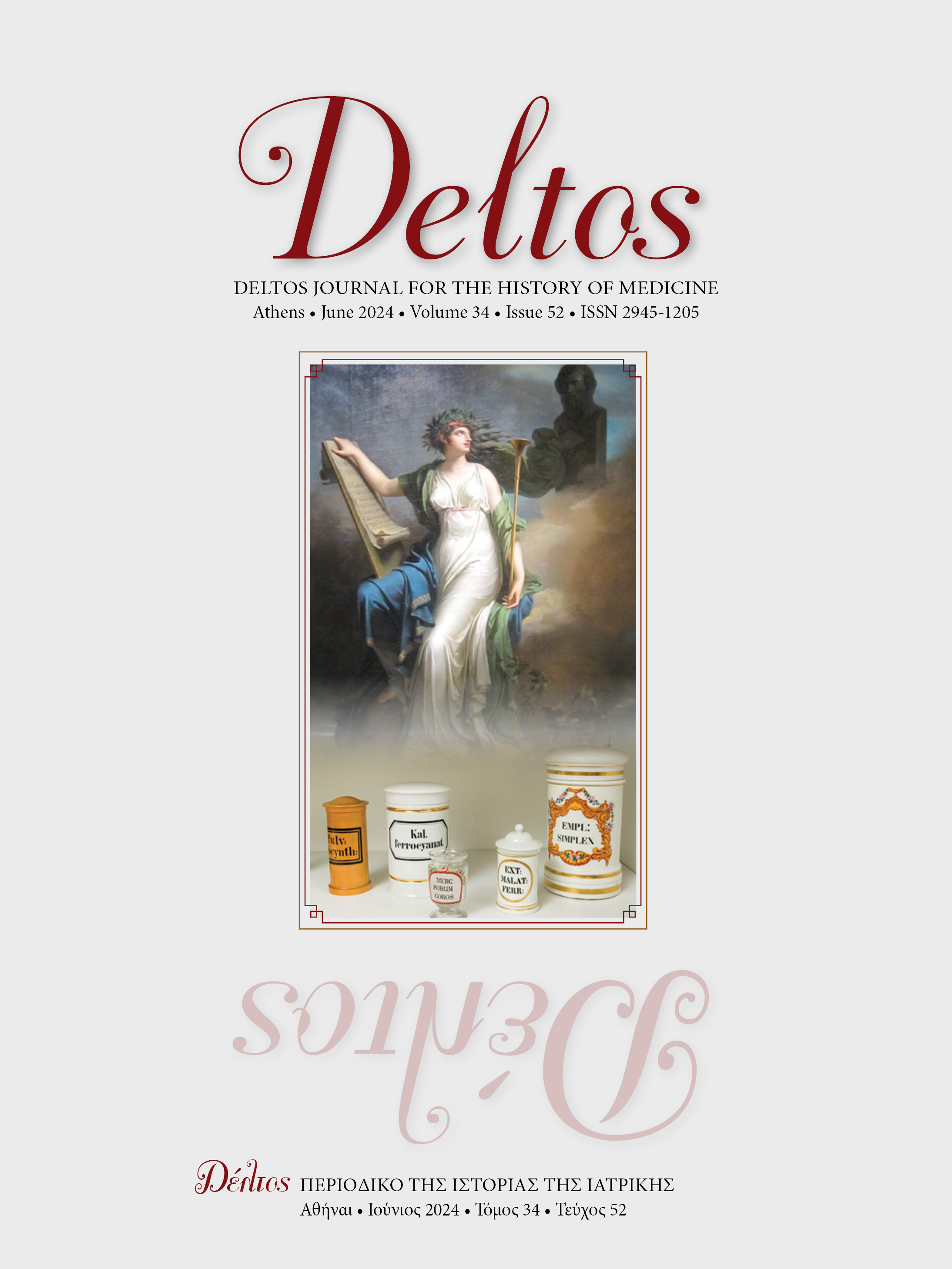Poetic recipes from Nidāʾī, an important sixteenth-century physician, in Durr-i Manzūm

Abstract
It has been known that some of the medical works in the Islamic world in the Middle Ages were composed in verse to create concise information, be easily memorised, and be beneficial for students and the public. This practice has also been observed in Turkish medicine throughout history. The present study aims to introduce Physician Nidā’ī from Ankara, an important sixteenth-century physician, and his renowned poetic work, Durr-i Man ūm, focusing on the sections related to urinary system problems. In this study, we evaluated Durr-i Man ūm, which has many copies in Turkish and European libraries and has been found in Istanbul Süleymaniye Manuscript Library, Nuruosmaniye Collection, Nr. 3556. Nidā’ī has poetic compositions regarding six common nephrological problems: Urinary incontinence, bedwetting in children, haematuria, urinary retention, urination difficulty, and bladder stones. Every subject consisted of a different number of couplets; the difficulty of the disease was briefly mentioned in some couplets, and then appropriate compositions were written in detail in a poetic style. Nidā’ī used poetic recipes excellently and wanted to show that medicine is not an incomprehensible and complicated science by recommending concise and straightforward treatments for certain diseases. The fact that it was copied until the beginning of the nineteenth century, with numerous copies available in both national and international libraries, demonstrates that his work is readily comprehensible to both the public and medical professionals, thereby earning it considerable respect.
Article Details
- How to Cite
-
Balat, A., & Acıduman, A. (2024). Poetic recipes from Nidāʾī, an important sixteenth-century physician, in Durr-i Manzūm. DELTOS, 34(52), 38–45. https://doi.org/10.12681/dj.38282
- Issue
- Vol. 34 No. 52 (2024)
- Section
- Written Symposium on Pharmaceutical Recipes in Verse. Part A

This work is licensed under a Creative Commons Attribution-NonCommercial 4.0 International License.


